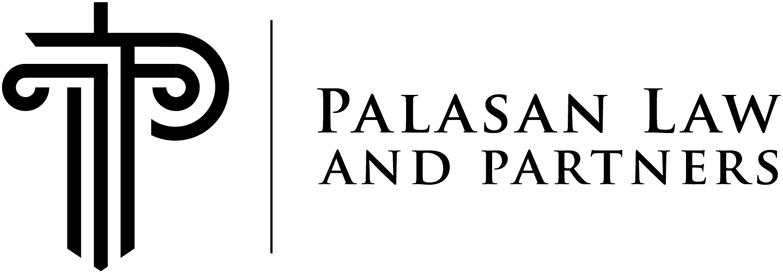A lawyer received the ultimate penalty of disbarment for securing for a client an inauthentic judgment and certificate of finality supposedly declaring the nullity of the client’s marriage.
In a Per Curiam Decision, the Supreme Court found Atty. Emilio S. Paña, Jr. (Atty. Paña) guilty of violating the Code of Professional Responsibility and Accountability (CPRA) and the Lawyer’s Oath, and accordingly ordered his disbarment from the practice of law.
The administrative complaint against Atty. Paña arose after Melody H. Santos (Melody) sought the lawyer’s assistance for the declaration of the nullity of her marriage.
Atty. Paña was introduced to Melody in 2013 by Alberto Santos (Santos), a court interpreter in Branch 39, Regional Trial Court (RTC) of Polomolok, South Cotabato. According to Melody, Santos and Atty. Paña claimed that they could obtain a decree of nullity of marriage for her within a period of six months. Melody subsequently paid them PHP 280,000 for their services.
Melody later received from Atty. Paña copies of a Judgment dated March 18, 2010 appearing to be issued by Judge Cader P. Indar, al Haj (Judge Indar) of Branch 15, RTC Cotabato City (Judgment). Melody was also given a Certificate of Finality dated April 14, 2010 stating that the said judgment had become final and executory (Certificate).
However, when Melody applied for her K-1 visa at the United States Embassy in Manila, she was told that the annulment papers she presented were fraudulent, resulting in the denial of her visa application and forcing Melody to hire another lawyer to file anew a petition for the nullity of her marriage.
Melody also demanded a refund from Atty. Paña who was able to return only PHP 260,000.
Following an investigation, the Integrated Bar of the Philippines (IBP) Commission on Bar Discipline (CBD) found that Atty. Paña committed acts of misrepresentation and deception against Melody. The IBP CBD thus recommended that Atty. Paña be suspended for two years.
The IBP Board of Governors adopted the findings of the IBP CBD, but recommended to increase the penalty to disbarment, stressing that Atty. Paña’s acts deal with the deplorable conduct of deceitful behavior in falsifying papers and effects of the Judiciary.
The Court sustained the findings of the IBP and ruled that Atty. Paña deserves to be disbarred for his transgressions.
Section 1, Canon II of the CPRA expressly prohibits lawyers from engaging in unlawful, dishonest, immoral, or deceitful conduct.
Section 2 of the same Canon further forbids lawyers from engaging in conduct that adversely reflects on one’s fitness to practice law, to the discredit of the legal profession.
Falsification of court documents, in particular, has been pronounced by the Court as an offense amounting to unlawful, dishonest, immoral, and deceitful conduct. It has the effect of lessening the confidence of the public in the legal system and committing such offense exhibits one’s inability to discharge his or her duties as a member of the bar.
The Court noted that Atty. Paña did not deny that the Judgment and Certificate were inauthentic. It also added that Judge Indar had been disbarred and dismissed from service in 2012 for issuing decisions on annulment of marriage cases without the conduct of judicial proceedings.
Furthermore, the Court held that it was clear from the evidence that Atty. Paña was aware of the irregularity of the procedure to be taken. He himself apologized for not being prudent enough in referring Melody to a certain Samuel Guillermo (Guillermo), who Atty. Paña claims assisted Melody to take a “shortcut” of the regular procedure regarding annulment of marriage.
The Court also noted that, on the contrary, Atty. Paña did more than just refer Melody to Guillermo. The lawyer facilitated the act of securing the spurious Judgment and Certificate. Further, both he and Guillermo received the fee from Melody. Atty. Paña was even updating Melody about the status of the case and her subsequent demand for refund.
Clearly, for his participation in the falsification of the Judgment and Certificate, Atty. Paña violated the CPRA. By so doing, he made a mockery of the judicial system. Instead of being the supposed advocate for justice, he became the perpetrator of injustice, the Court stressed.
Thus, consistent with jurisprudence, the Court found it fitting to impose no less than the ultimate penalty of disbarment on Atty. Paña. His reprehensible acts show that he should not remain in the rolls of the legal profession, concluded the Court.
The Supreme Court Public Information Office will upload a copy of the Decision in A.C. No. 12353 (Santos v. Paña) once it receives the same from the Office of the Clerk of Court En Banc. (Courtesy of the Supreme Court Public Information Office)

